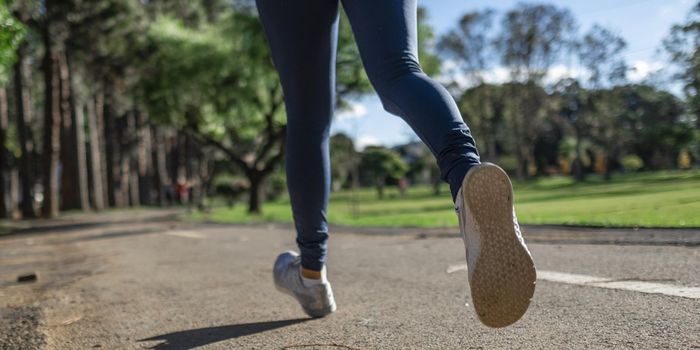Blindness Leads to an Increased Ability to Sense Signals from the Inner Body
A study examined why blind people are better at sensing their heartbeats than sighted people. Researchers at Karolinska Institutet in Sweden and Jagiellonian University in Poland found that blindness leads to greater sensitivity in experiencing signals from the inner body.
Thirty-six blind and thirty-six participants were asked to count their heartbeats without checking their pulse or touching their bodies. The researchers used a pulse oximeter to record the participants’ actual heartbeats. Then they compared the data reported by participants with the recorded numbers to assess the extent to which the participants could sense their own heartbeats. Many previous studies and anecdotal accounts shared by blind people suggest they have a heightened sense of smell, memory, and other functions.
The analysis showed that the blind participants were better at sensing their heartbeats than sighted participants. The blind group had an average accuracy of 0.78, while the sighted group had an accuracy of 0.63 on average. A score of 1.0 represented a perfect score. Study author Dominika Radziun explained the significance of this finding: “It gives us important information about the brain’s plasticity and how the loss of one sense can enhance others, in this case the ability to feel what happens inside your own body.” The study has implications for a range of rehabilitative approaches.
The ability to sense heartbeats with some degree of accuracy may offer an advantage regarding emotional processing. Prior studies have associated the degree of interoceptive accuracy (the ability to sense the internal state of the body) with the capability to perceive emotions in oneself and others. Heart signals and emotions are closely linked, and hearts beat faster when we experience excitement or fear.
The researchers plan to study how blind individuals perceive their bodies. They will determine if structural changes in the visual cortex are associated with the increased ability to sense signals from the inner body.
Sources: Eureka News Alert, Journal of Experimental Psychology: General








